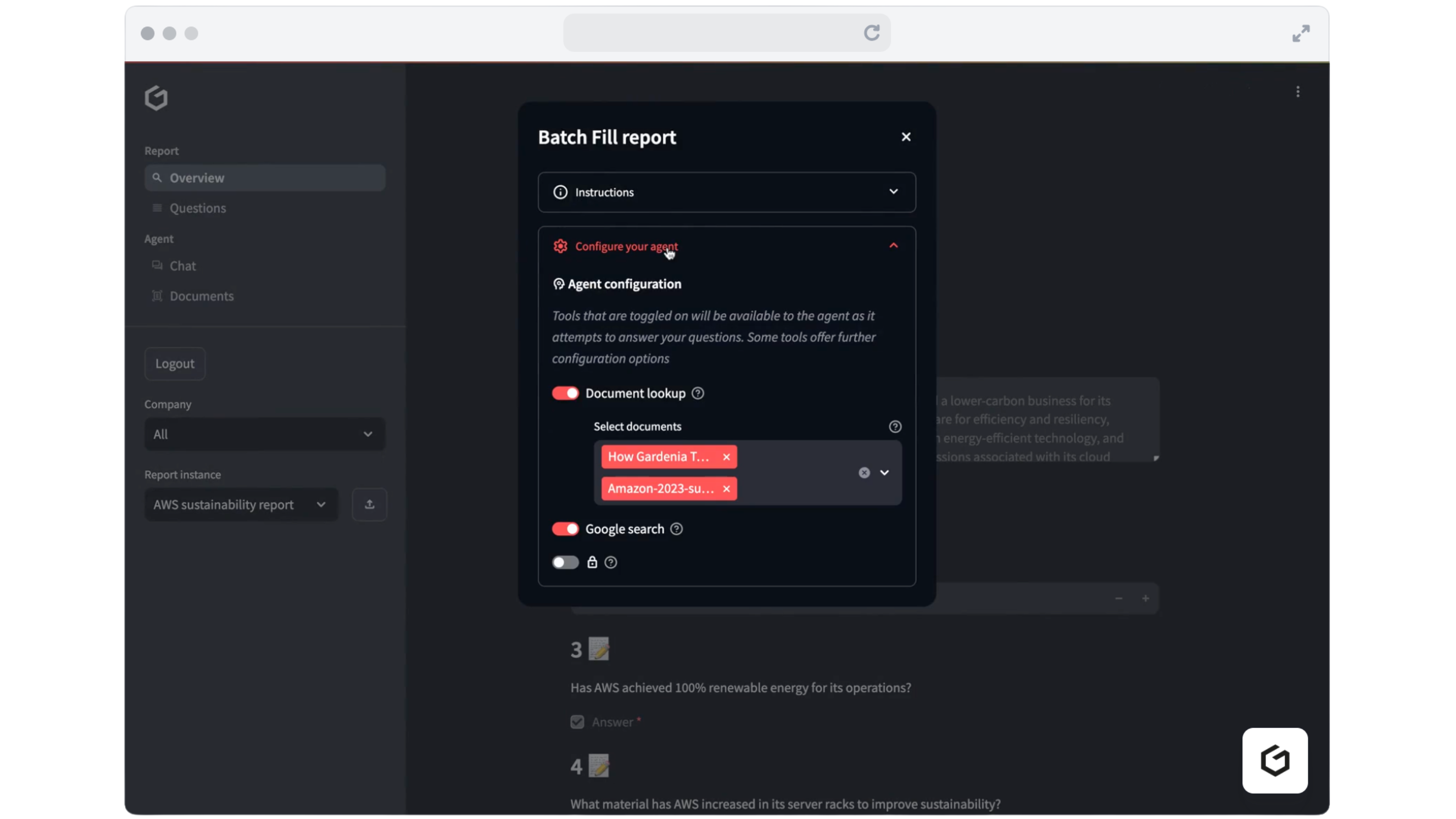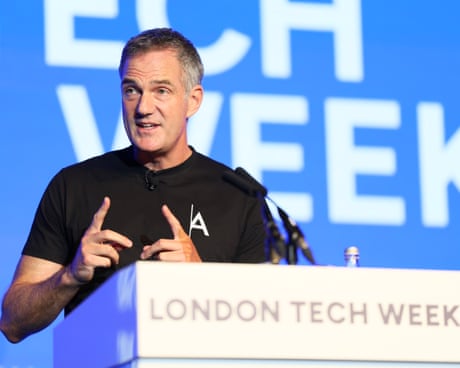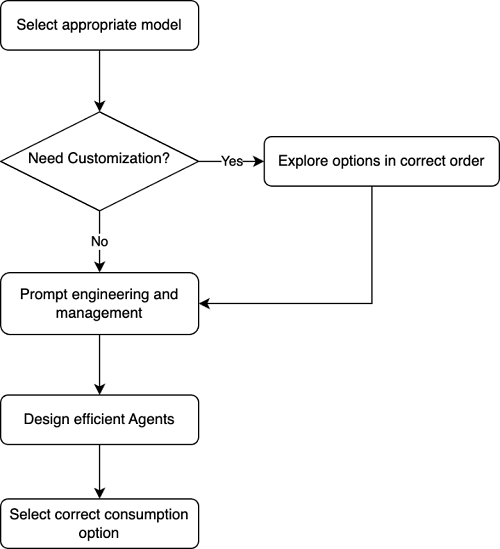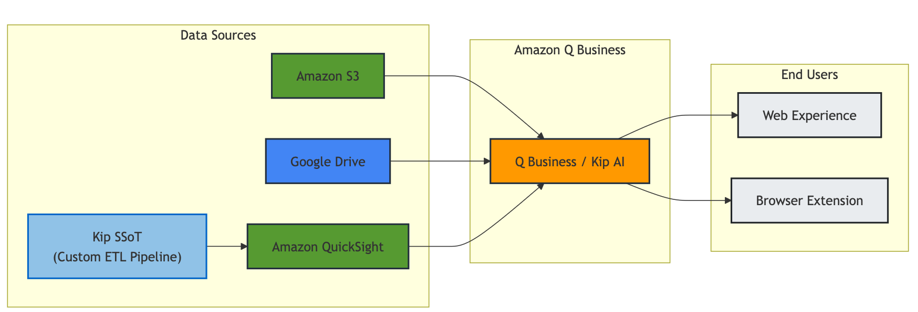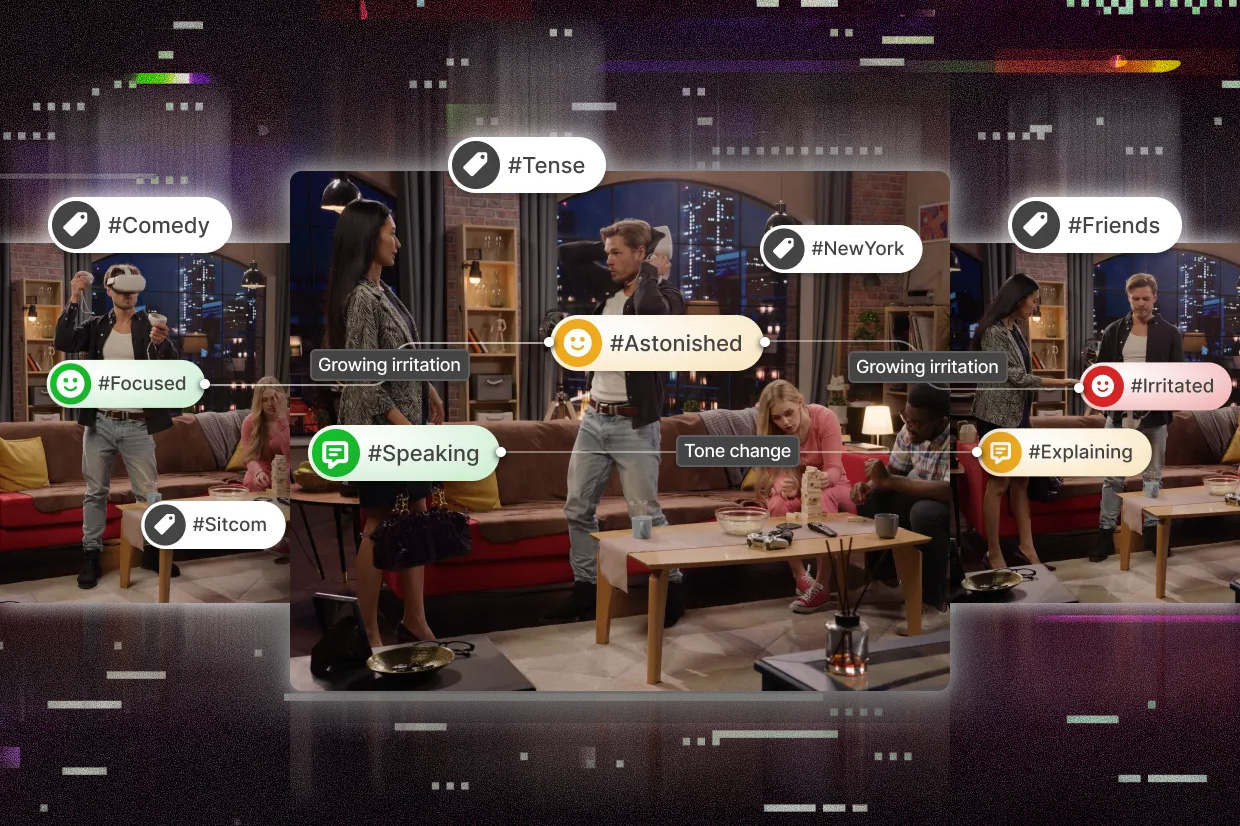AI is transforming retail and CPG industries, with global brands like L’Oréal, LVMH, and Nestlé utilizing AI agents and 3D digital twins to enhance product lifecycle and marketing strategies. Nestlé partners with NVIDIA and Accenture to create AI-powered digital twins for e-commerce, while LVMH uses NVIDIA Omniverse for content variation production, revolutionizing luxury product promotion.
Generative AI helps ease ESG reporting burden for companies, reducing reporting time by up to 75%. Gardenia Technologies partners with AWS to develop Report GenAI, utilizing the latest AI models on Amazon Bedrock to automate routine tasks and improve efficiency in sustainability reporting.
UK science and technology secretary Peter Kyle, a dyslexic who uses AI, advocates for AI to enhance education for dyslexic children. He emphasizes the need for AI to transform education and assess students' abilities for the future.
MIT professor Munther Dahleh created the Institute for Data, Systems and Society to address societal challenges using AI and data science. His book, “Data, Systems, and Society,” details the importance of interdisciplinary collaboration and the concept of "the triangle" in solving complex problems.
MIT and IBM researchers improve LLMs for travel planning by combining them with algorithms and solvers to create user-friendly AI travel brokers. The new technique can identify constraints, propose alternatives, and help users develop realistic and logical travel plans efficiently.
AI, like Anthropic's Claude, surprises skeptics with its usefulness in providing emotionally intelligent responses to personal dilemmas, making it a popular tool for various daily queries. Despite initial doubts, AI is now widely embraced for its versatile problem-solving capabilities, challenging preconceived notions about its limitations.
Apple's research paper challenges the capabilities of large language models, revealing their limitations in reasoning tasks. Gary Marcus's critical analysis exposes the overhyped abilities of AI models like ChatGPT and Claude.
Generative AI is increasingly used to boost efficiency and innovation in various industries, but costs can escalate. Amazon Bedrock offers high-performing models and cost optimization techniques for building generative AI applications.
WPP leads AI-generated campaigns with Meta allowing firms to create ads. AI rapidly transforms global advertising, with WPP investing £300m yearly in data and tech.
Kepler Group leveraged Amazon Q Business to democratize AI access, saving 2.7 hours per week per employee. The decision was driven by seamless integration with AWS and strict security compliance.
Linear regression prediction system demoed using JavaScript on client side for simplicity. Trained model achieved 64.00% accuracy due to non-linear data structure. Renowned artist Robert McGinnis, known for iconic book covers and movie posters, recently passed away.
Coactive, founded by Cody Coleman ’13 and William Gaviria Rojas ’13, uses AI to analyze unstructured visual data for faster, better business decisions. The platform helps companies process images, audio, and video at scale, empowering humans to work more efficiently and solve new problems.
UK PM pledges funding for AI infrastructure at London Tech Week, announces AI training for all civil servants in England and Wales. Keir Starmer emphasizes tech's potential for a "better future" for children, as new AI tool is introduced to transform planning system.
A package of AI tools named Humphrey will train all civil servants in England and Wales to enhance productivity. Chancellor Pat McFadden leads initiative to overhaul civil service with practical AI training for 400,000+ employees.
NVIDIA's Jensen Huang and U.K. PM Starmer kick off London Tech Week, signaling AI's integration into national policy and economy. The U.K. plans to invest £1 billion in AI research compute by 2030, showcasing a commitment to AI innovation and skills development.


